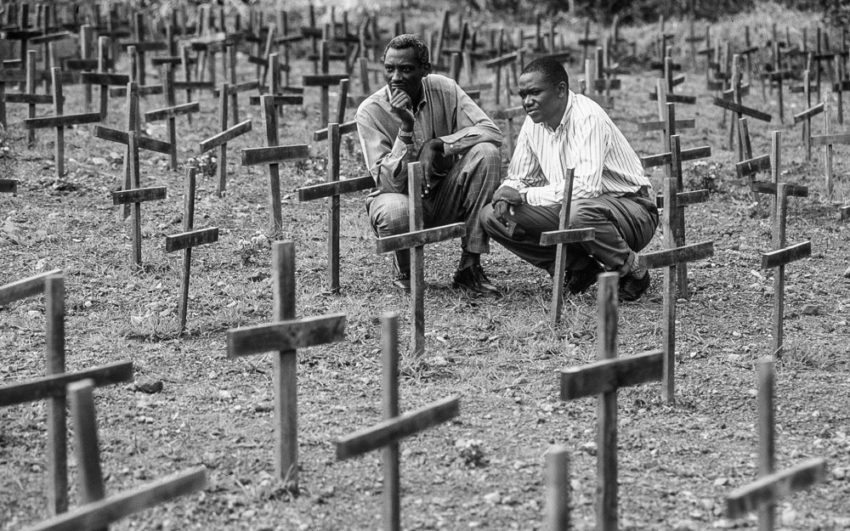×
The Standard e-Paper
Join Thousands Daily

Rwanda has begun 100-day mourning for over 800,000 people massacred in the 1994 genocide, that left the nation on its knees as the rest of the world was reeling in shock.
Majority of those killed by Hutu extremists were Tutsis, the minority group.